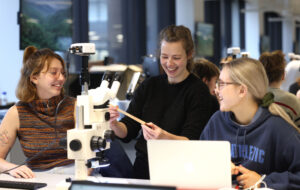If you study Urban Planning and Design BEng at XJTLU you can study Urban Planning at the University of Liverpool on the XJTLU 2+2 programme. or see all XJTLU 2+2 programmes.
Urban Planning BA (Hons): XJTLU 2+2 programme
The Urban Planning programme provides you with the knowledge and the skills to understand and help address the challenges faced by urban areas today. You’ll gain a rounded understanding of the factors and forces that are shaping the urban environment, the role that planning can play in developing and renewing urban areas, and reconciling competing and conflicting interests.









